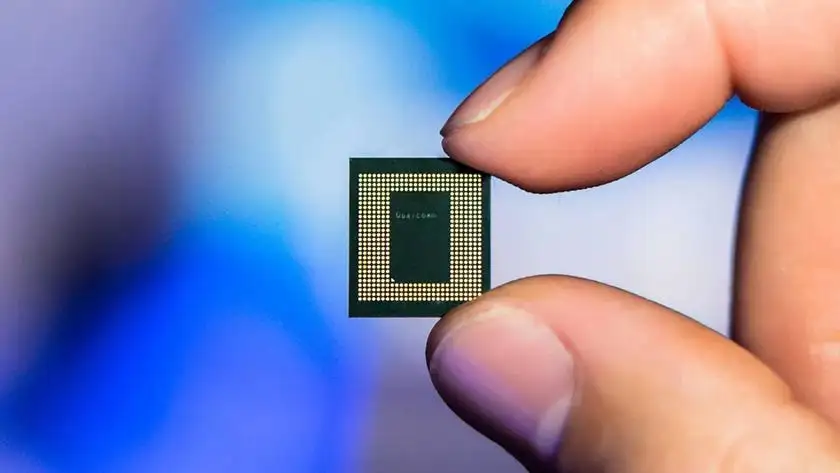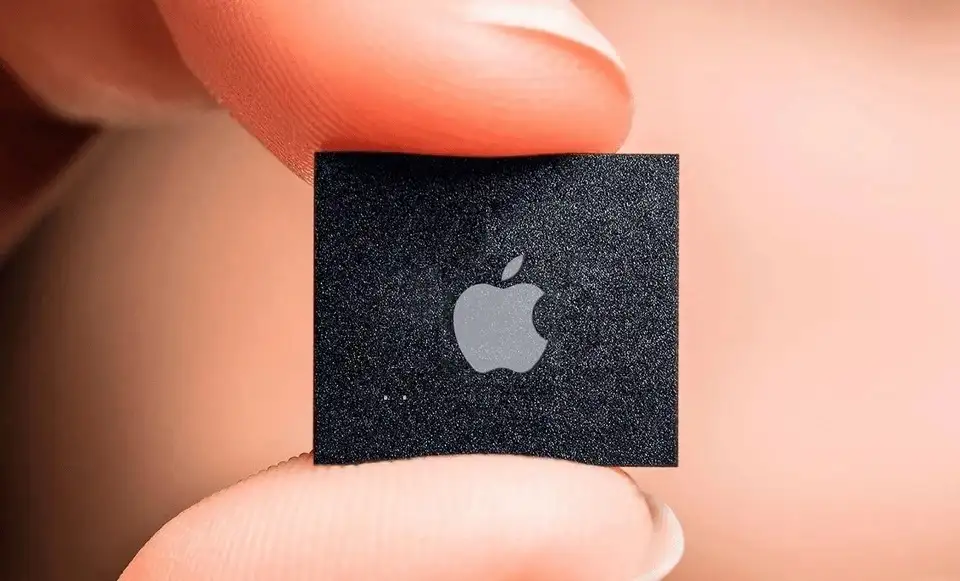Apple is apparently going to be the first business to employ TSMC’s new 2nm chip technology.
The Taiwanese chipmaker plans to begin manufacturing of 2nm devices in the second half of 2025. Smaller transistor sizes will enable TSMC to cram more components into a CPU, increasing performance while decreasing power consumption.

In reality, Apple has always been one of the first firms to benefit from TSMC’s cutting-edge chip manufacturing technologies. Recently, both the A17 Pro processor in the iPhone 15 Pro and the M3 chip in the Mac have used TSMC’s 3nm manufacturing.
Apple is thought to be the first business to test semiconductors using TSMC’s newest 2nm technology. The new generation of chips also use an innovative manufacturing technique known as GAAFET (Gate-All-Around Field Effect Transistor), which is built on nanosheets.
GAAFET is the next phase in FinFET technological advancement, enabling high-performance circuits to consume less power.
However, transitioning to GAAFET has its own set of issues. TSMC will need to establish additional plants and spend considerably in manufacturing process improvements.
Meanwhile, as a key client of TSMC, Apple must adapt its chip design to be compatible with the new technology.
In addition to the forthcoming 2nm generation, TSMC is improving its 3nm process. The business has refined and created new N3E and N3P chips, as well as optimized the production process for N3X and N3AE chips used in automotive and high-performance applications.
Furthermore, recent speculations imply that TSMC is intending to do additional research on advanced 1.4nm processors. They are projected to be manufactured and sold as early as 2027.
Of course, Apple is a key player in this technology and has sought early access to TSMC’s upcoming chip line.













